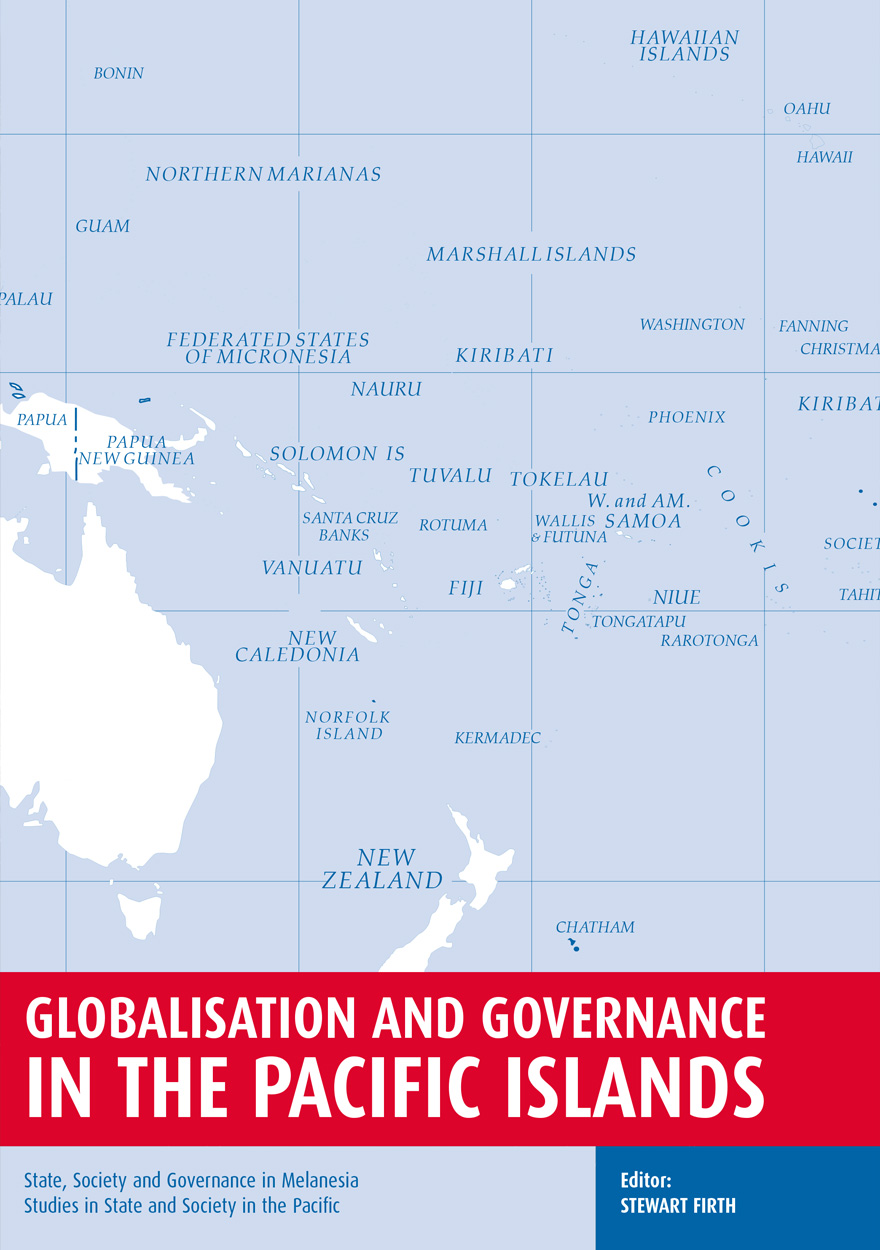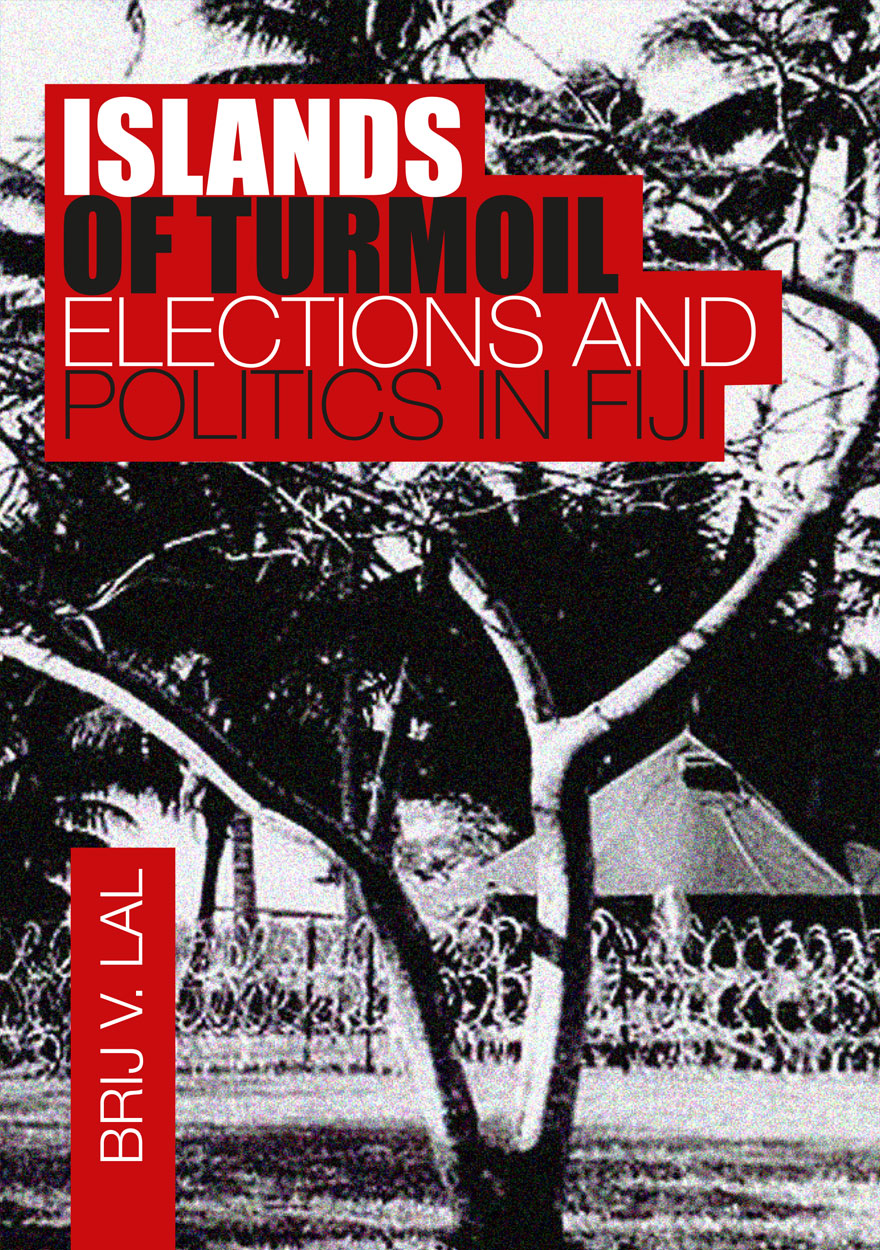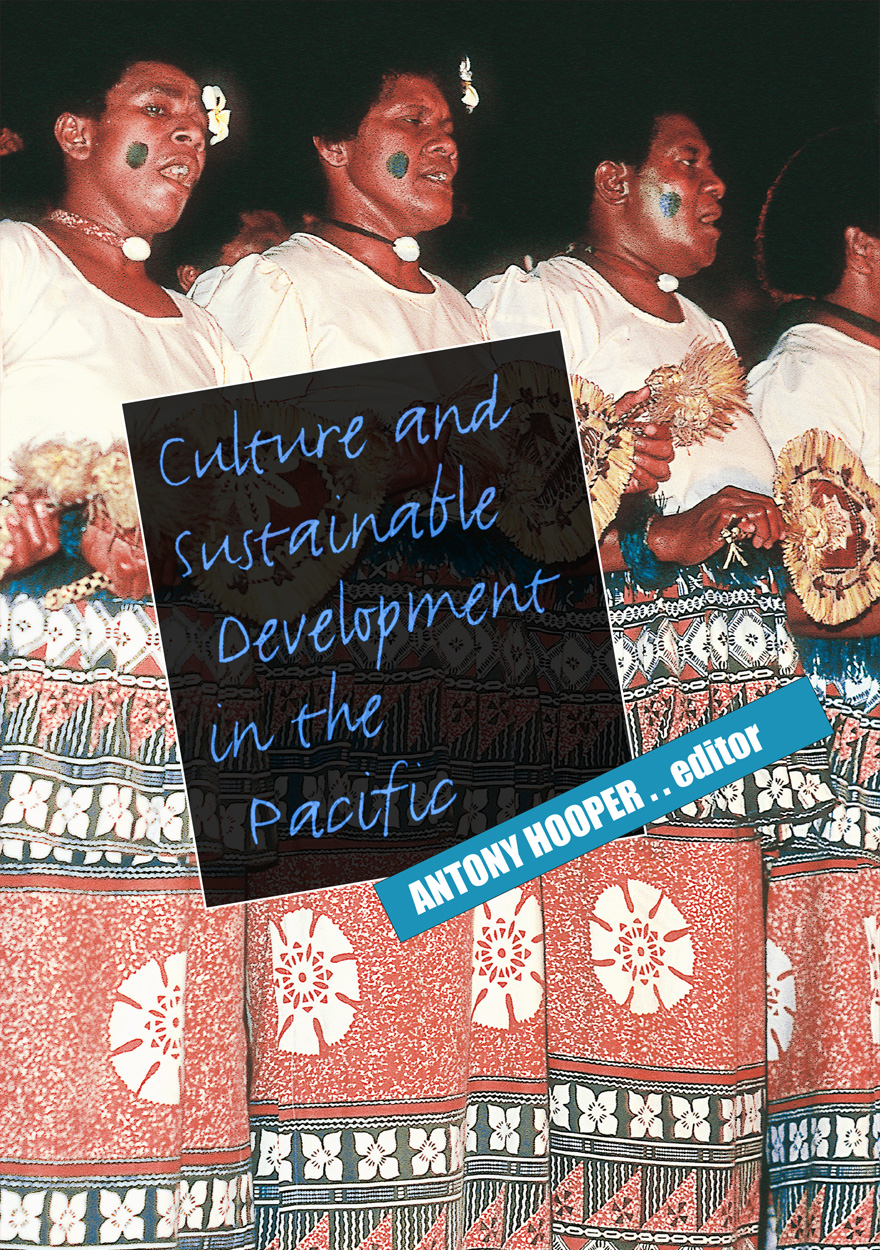Search titles
Displaying results 51 to 55 of 55.

From Election to Coup in Fiji »
The 2006 campaign and its aftermath
Edited by: Jon Fraenkel, Stewart Firth
Publication date: June 2007
In May 2006 Fiji held its tenth general election since independence in 1970. In a country with an unenviable history of electoral trauma, the mood was apprehensive if not tense – not least because of controversial public statements against the incumbent Qarase government being made by the commander of Fiji’s military forces.
Despite a record number of parties and candidates, the winners were the two big parties – the heavily church-backed SDL, the party of choice of the majority of indigenous Fijians; and the Fiji Labour Party, the party preferred by most Indo-Fijians.
Although the result was ethnically polarised, for the first time in Fijian history the successful candidates came together to share power in a constitutionally ordained multiparty cabinet, with Laisenia Qarase retaining the prime ministership. But the fragile collaboration was short-lived. On 5 December 2006, Commodore Voreqe Bainimarama ordered a military takeover, declaring himself ‘President’, ousting the elected government and replacing it with an ‘interim’ government of his choice, and once again throwing Fiji into political turmoil.
With contributions from ex-Vice President Ratu Joni Madraiwiwi, ousted Prime Minister Laesenia Qarase, leader of the Fiji Labour Party and now interim Minister for Finance Mahendra Chaudhry, and an impressive array of leading commentators on Fijian affairs, this book provides a comprehensive and penetrating analysis of the lead-up to, the outcome and the aftermath of Fiji’s historic 2006 election. Shedding light on the complex weave of traditional chiefly systems, race relations, economics, constitutionality, the military ethos and religion, From Election to Coup in Fiji is essential reading for anyone with an interest in Fiji, the South Pacific and the politics of divided societies.

Globalisation and Governance in the Pacific Islands »
State, Society and Governance in Melanesia
Edited by: Stewart Firth
Publication date: December 2006
The Pacific Islands are feeling the effects of globalisation. Free trade in sugar and garments is threatening two of Fiji’s key industries. At the same time other opportunities are emerging. Labour migration is growing in importance, and Pacific governments are calling for more access to Australia’s labour market. Fiji has joined Samoa, Tonga, Tuvalu and Kiribati as a remittance economy, with thousands of its citizens working overseas. Meantime, Papua New Guinea and Solomon Islands grapple with an older kind of globalisation in which overseas companies exploit mineral and forest resources.
The Pacific Islands confront unique problems of governance in this era of globalisation. The modern, democratic state often fits awkwardly with traditional ways of doing politics in that part of the world. Just as often, politicians in the Pacific exploit tradition or invent it to serve modern political purposes.
The contributors to this volume examine Pacific globalisation and governance from a wide range of perspectives. They come from Papua New Guinea, Solomon Islands, Hawai’i, the Federated States of Micronesia, Samoa, Fiji, New Zealand and Jamaica as well as Australia.

Islands of Turmoil »
Elections and Politics in Fiji
Authored by: Brij V. Lal
Publication date: August 2006
“It is not so much whether things are not as bad as they ought to be or could have been. It is, rather, whether things could have been much better”.
By rights, the island nation of Fiji should be thriving. It is easily the most developed country in the South Pacific; it is a hub for regional transportation and communication links, the home of international diplomatic, educational and aid organisations, with a talented multiethnic population. Yet, since its independence it has suffered two military coups in 1987 and an attempted putsch in 2000, resulting in strained institutions, and disrupted improvements to essential infrastructure, and to educational, social and medical services.

Culture and Sustainable Development in the Pacific »
Edited by: Antony Hooper
Publication date: April 2005
Throughout the South Pacific, notions of ‘culture’ and ‘development’ are very much alive—in political debate, the media, sermons, and endless discussions amongst villagers and the urban élites, even in policy reports.
Often the terms are counterposed, and development along with ‘economic rationality’, ‘good governance’ and ‘progress’ is set against culture or ‘custom’, ‘tradition’ and ‘identity’. The decay of custom and impoverishment of culture are often seen as wrought by development, while failures of development are haunted by the notion that they are due, somehow, to the darker, irrational influences of culture.
The problem is to resolve the contradictions between them so as to achieve the greater good—access to material goods, welfare and amenities, ‘modern life’—without the sacrifice of the ‘traditional’ values and institutions that provide material security and sustain diverse social identities.
Resolution is sought in this book by a number of leading writers from the South Pacific including Langi Kavaliku, Epeli Hau’ofa, Marshall Sahlins, Malama Meleisea, Joeli Veitayaki, and Tarcisius Tara Kabutaulaka. The volume is brought together for UNESCO by Antony Hooper, Professor Emeritus at the University of Auckland. UNESCO experts include Richard Engelhardt, Langi Kavaliku, Russell Marshall, Malama Meleisea, Edna Tait and Mali Voi.

The Military and Democracy in Asia and the Pacific »
Edited by: R.J. May, Viberto Selochan
Publication date: March 2004
In The Military and Democracy in Asia and the Pacific, a number of prominent regional specialists take a fresh look at the military’s changing role in selected countries of Asia and the Pacific, particularly with regard to the countries’ performance against criteria of democratic government.
Indonesia, Thailand, the Philippines, Burma, Pakistan, Bangladesh, South Korea, Fiji and Papua New Guinea all fall under the spotlight as the authors examine the role which the military has played in bringing about changes of political regime, and in resisting pressures for change.
Under the auspices of The Australian National University’s Department of Political and Social Change, Research School of Pacific and Asian Studies, and within the context of the Regime Change and Regime Maintenance in Asia and the Pacific project, the following contributors compiled The Military and Democracy in Asia and the Pacific: Emajuddin Ahamed, Suchit Bunbongkarn, Stephanie Lawson, R. J. May, Hasan-Askari Rizvi, Viberto Selochan, Josef Silverstein, Michael Vatikiotis and Yung Myung Kim. The Military and Democracy in Asia and the Pacific provides a sequel to Viberto Selochan’s earlier collection, The Military, the State, and Development in Asia and the Pacific (1991).



